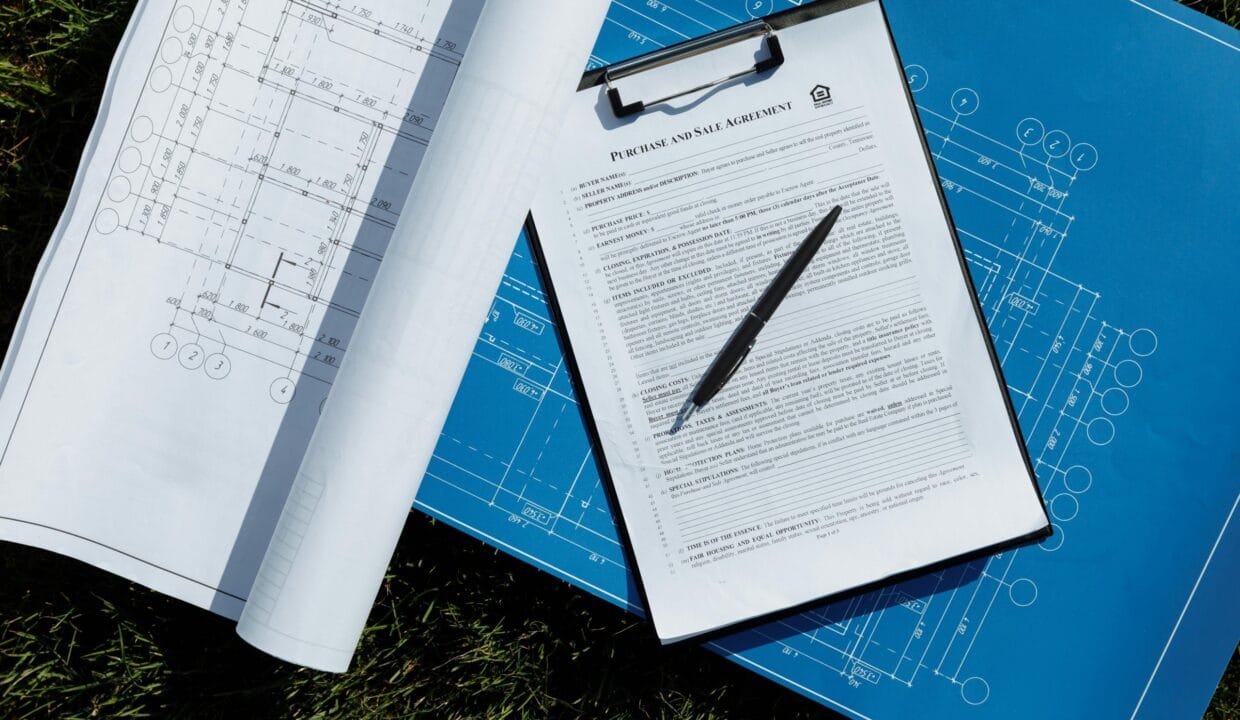Property Legalization in Montenegro
Property Legalization in Montenegro – What You Need to Know
In Montenegro, many properties have been built without formal permits due to the absence of detailed government urban plans. To address this, a legalization process was introduced to bring these buildings into compliance with Montenegrin law. If your property was built without a permit, you may still have the chance to legalize it, ensuring it becomes fully recognized and safe from future legal issues.
What is Property Legalization?
Legalization is the process of making buildings, constructed without government approval, officially recognized. This typically applies to buildings built without construction permits, often because the relevant urban plans did not exist at the time. Through the legalization process, property owners can ensure their buildings are safe, meet Montenegrin construction standards, and avoid penalties or potential demolition.
Key Steps in the Legalization Process
- Document Submission: Owners must provide proof of property ownership, a geodetic survey, and documents showing the building’s compliance with urban standards.
- Ortofoto Records: The property must be visible on Montenegro’s 2018 ortho-photo records, which are aerial images documenting constructions across the country(nacrt-zakona-o-legaliza…).
- Compliance Inspection: The government assesses the property’s structural integrity and urban planning compliance. If certain conditions are not met, adjustments may be required.
- Payment of Fees: Fees are based on the property’s size, location, and whether it meets certain urban conditions(nacrt-zakona-o-legaliza…).
Why Legalization Matters
Legalizing your property secures it legally, making future sales, transfers, and inheritances easier. It also protects owners from potential fines or demolition orders, safeguarding their investments. Furthermore, legalized properties are more attractive to buyers, especially foreign investors.
Can All Properties Be Legalized?
Not all properties qualify. Buildings within protected zones like national parks, UNESCO heritage sites, or too close to public infrastructure may not be eligible. Additionally, buildings that are structurally unsafe or non-compliant with urban development plans cannot be legalized(nacrt-zakona-o-legaliza…).
How We Can Help
Navigating Montenegro’s property legalization can be complex, especially for foreign buyers. Our real estate experts provide guidance, from preparing documentation to representing your interests with local authorities. Contact us today to ensure your property is compliant and your investment secure.
Conclusion
Legalization in Montenegro offers property owners the chance to bring their real estate into full legal standing. With the right guidance and knowledge, you can navigate this process smoothly and protect your property from future risks. Reach out to our team for expert advice on ensuring your property’s full compliance with Montenegrin law.

